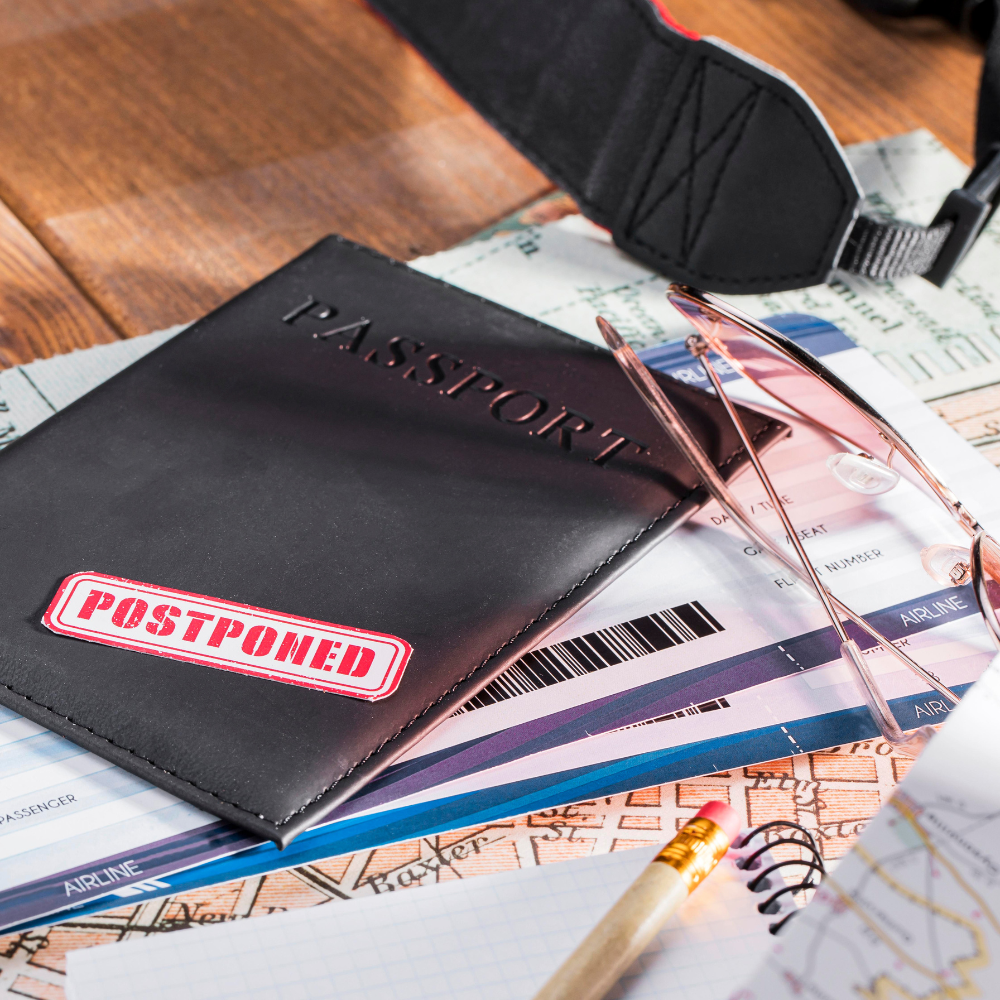
A company that allows its customers to search a database of billions of photographs that have been scraped from the internet for matches to a particular face has prevailed in an appeal lodged against the privacy watchdog in the United Kingdom.
In the previous calendar year, the Information Commissioner's Office (ICO) levied a penalty against Clearview AI in excess of more than £7.5 million for illegally retaining facial images.
According to Jack Mulcaire, the attorney for Clearview AI, the company is "pleased."
Following the verdict, the ICO stated that it will take stock of the situation. Clearview AI provides its customers with a platform that functions much like a search engine when it comes to facial recognition.
Users upload a photo, and the platform looks for similarities among the billions of photographs it has amassed in its database. It then offers links to locations online where photographs that fit your search criteria can be found.
In March, the founder of Clearview, Hoan Ton-That, stated that the company had assisted US law enforcement agencies in solving a wide variety of crimes, including homicides, by conducting approximately one million searches on their behalf.
In addition to this, he disclosed that the database had thirty billion photographs that had been harvested from the internet.
The deployment of Clearview's technology by law enforcement, according to those who are opposed to it, places everyone in a "perpetual police line-up."
France, Italy, and Australia had already started legal action against the company before the action taken by the ICO, which has since been found unlawful.
Since a settlement was reached in 2020 in a dispute brought by US civil liberties campaigners, Clearview AI has only been accepting clients from the criminal justice system and the national security sector.
In the past, the company did work for commercial clients.
The verdict that was handed down on Tuesday made it clear that Clearview does not have any customers located in the United Kingdom or the European Union. However, the company does have consumers in the United States and in other nations, such as Panama, Brazil, Mexico, and the Dominican Republic.
Clearview was only utilized by law enforcement agencies located in countries other than the United Kingdom, which allowed the company to successfully appeal the sanction and enforcement action taken by the ICO.
The three-member tribunal at the First-Tier Tribunal, which heard the appeal, determined that while Clearview did engage in data processing related to monitoring the behavior of individuals in the United Kingdom, the ICO "lacked jurisdiction" to take enforcement action or issue a fine.
Will Richmond-Coggan, a data protection partner at the law firm Freeths, concurred, arguing that even though the appeal was upheld, the decision demonstrated that large-scale mining of publicly accessible data was an activity to which UK data protection regulations could apply.
The appeal hinged exclusively on the fact that Clearview's clients were foreign national security and law enforcement agencies; consequently, it cannot be relied upon as granting broad permission for such scraping activities in general.



